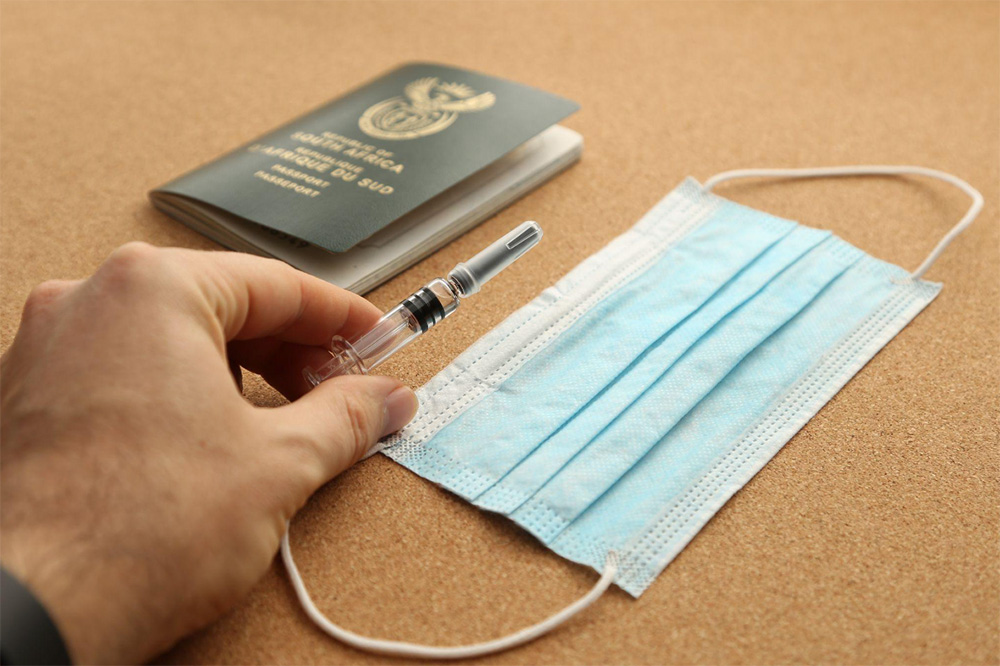Traveling abroad involves more than securing visas and packing bags; it requires thorough health preparation to handle different medical risks across various regions. Vaccinations play a pivotal role in ensuring travelers’ safety, offering protection against prevalent diseases, and fulfilling the health entry requirements of numerous countries. Aside from vaccinations, travelers must also consider other health precautions, including malaria prevention and measures against traveler’s diarrhea. Moreover, keeping updated with reliable sources like the CDC and WHO and acquiring travel health insurance are crucial steps in planning a safe and enjoyable trip. Mark Siefring discusses how this preparation protects the traveler’s health and contributes to global public health by preventing the spread of infectious diseases.
Importance and Benefits of Vaccinations for International Travel
Traveling internationally exposes one to various health risks, making vaccinations a crucial part of travel preparation. Vaccines act as a shield, protecting against potentially severe diseases prevalent in different parts of the world. Ensuring you are vaccinated protects you and helps safeguard public health by reducing the spread of infectious diseases.
The benefits of getting vaccinated extend beyond individual protection. They contribute significantly to the overall safety and enjoyment of your travels. Vaccinated travelers have a lower risk of experiencing disruptions due to illness, which can lead to unforeseen expenses and alterations in travel plans. Moreover, some countries have vaccination requirements for entry, so vaccination can smooth your entry process, ensuring compliance with international health regulations.
Crucial Vaccines and Regional Requirements for International Travelers
Knowing the vaccinations required for your destinations is critical when preparing for international travel. Some regions might mandate vaccines like Yellow Fever, especially if you’re traveling to parts of Africa or South America. Additionally, depending on whether you visit rural or urban areas, you may need vaccines such as Japanese Encephalitis or Rabies. This knowledge not only ensures your compliance with international health regulations but also provides peace of mind while traveling.
Navigating through the myriad of vaccine requirements might seem daunting. However, consulting health professionals and referencing travel advisories from reputable sources can simplify this process. Countries often update their vaccine requirements based on current data, so staying informed through reliable health advisory platforms is crucial to ensure you meet all entry requirements.
Planning Your Vaccination Schedule
Preparing your vaccination schedule is a fundamental step in travel preparations. Ideally, starting the process several months in advance is advisable, as some vaccines require multiple doses spaced out over time. Engaging with a healthcare provider allows for a personalized vaccination plan that aligns with your health needs and travel itinerary.
Scheduling a consultation with a travel medicine specialist can be particularly beneficial. They can provide tailored advice based on the latest health advisories and your medical history, ensuring you receive all necessary immunizations for safe travel. Remember, the goal is to protect your health without overburdening your schedule, so timely planning is vital to stress-free preparation.
Addressing Common Concerns About Travel Vaccinations
Many travelers express concerns about vaccines’ safety and side effects, particularly regarding travel-specific immunizations. It’s important to understand that vaccines are subjected to rigorous testing procedures and continuous monitoring to ensure they are safe for public use. If they occur, side effects are typically mild and temporary, such as soreness at the injection site or a slight fever. Addressing these concerns with factual information from trusted sources can help alleviate anxiety and promote a more informed decision-making process.
The approach to vaccinations can differ for those with pre-existing health conditions. Consulting with healthcare providers is crucial to tailoring a vaccination strategy considering individual health profiles. This personalized approach ensures that all travelers receive appropriate and safe vaccinations regardless of their health status.
Additional Measures for Safe International Travel
While vaccinations for international travel are vital, other health measures should also be considered. Travelers are advised to take precautions against malaria by using prophylactic medications in regions where the disease is prevalent. Similarly, measures to prevent traveler’s diarrhea, such as carefully selecting food and beverages, are recommended to avoid common yet disruptive health issues.
Another critical aspect of preparation is the inclusion of comprehensive travel health insurance. This coverage ensures that travelers can receive necessary medical treatments without high costs. It’s a safeguard that provides peace of mind, allowing travelers to enjoy their journeys without worrying about potential health-related financial impacts.
Reliable Sources for Travel Health Information
Accessing accurate and up-to-date travel health information is vital for traveling internationally. Organizations like the CDC and WHO offer crucial guidelines and updates for travelers to consider. Staying up-to-date on health advisories and vaccine recommendations can significantly affect the safety and success of your trip.
Moreover, during one’s travels, maintaining awareness of local health advisories through reliable platforms can provide critical information on emerging health risks and preventive measures. This proactive approach to staying informed helps travelers adjust their plans as needed and take appropriate actions to protect their health while abroad.






